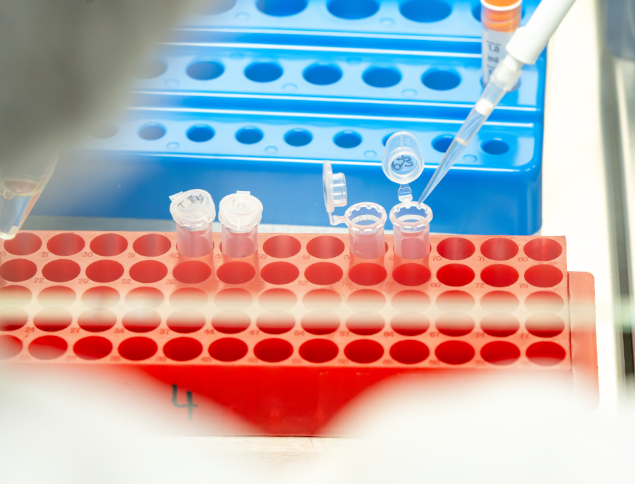GMP-compliant viral safety testing expertise
With over 20 years of experience supporting both pharmaceutical and veterinary industries, Clean Cells provides GMP-compliant viral safety testing tailored to biologics and gene therapy development.
Our expertise includes:
- Hundreds of PCR assay references covering a wide range of species.
- Customized viral safety strategies: designed according to product type and risk profile.
- Gene therapy viral safety: dedicated assays for rcAAV (replication-competent AAV) and RCL (replication-competent lentivirus) to evaluate potential recombination risks.
